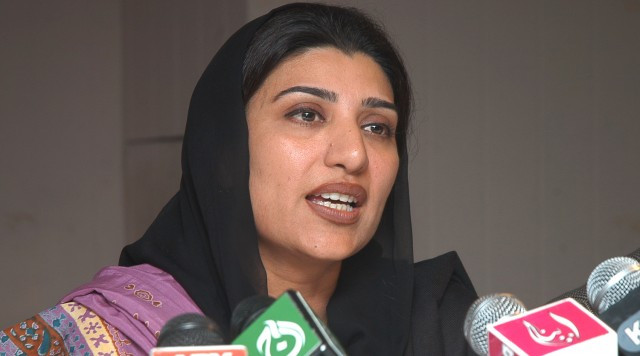60pc beneficiaries of BISP cash found ineligible

The survey’s findings give credence to international donors’ concerns about flaws inherent in distributing billions of rupees through parliamentarians. Those who were not up to the criterion of chronic poor – 16.17 level according to the scorecard poverty survey – were taken off the BISP beneficiaries’ list, says the BISP chief Farzana Raja.
She claims that 700,000 families were added to the recipients’ list in these districts after the completion of the survey. The government struck off 300,000 ineligible families in these districts, official statistics show. The beneficiary identification through parliamentarians was stopped on April 30, 2009, after the donors’ objections.
So far, the government has distributed Rs44.3 billion through parliamentarians’ system of reaching out to the poor during the past two years. In 2008-09, Rs15.8 billion was distributed among the “poor” in the shape of Rs1,000 monthly cash grants. The figure touched the Rs28.5 billion mark during the last financial year (2009-10).
Raja pointed out that those left out of the list may not be extremely poor, but poor all the same. The government was planning to increase the poverty level of 16.17 in order to accommodate more people in the programme. She said the final decision of changing the level depended on availability of resources.
The government had carried out a poverty scorecard survey in 16 districts of the country on the insistence of donor agencies, which were skeptical about transparency of cash handouts following identification of the poor through elected representatives.
The BISP chief said that at the current poverty level of 16.17, five million families can be covered which would cost the government Rs60 billion this financial year. “Those qualifying under the existing poverty level will keep getting the cash while others would be removed.”
She said the government could not achieve the target of distributing Rs70 billion among five million poor families through BISP during the last fiscal year because of delay in completion of the survey.
“During the last fiscal year three million families received the BISP grants and only Rs40 billion could be disbursed,” she added. Recently, the International Monetary Fund had highlighted the administrative weaknesses of the BISP Secretariat, a hindrance to reach out the poor despite having money in hand.
The BISP chairperson said that the government has indicated to provide Rs50 billion to give cash grant during this fiscal year.
She said that poverty was the root cause of extremism and the government alone cannot end the menace.
She said in Balochistan 70 per cent of the poverty scorecard survey has been completed and the remaining work in four districts is held up because of the law and order situation. In order to implement the Aaghaz-e-Huqooq-e-Balochistan package, the government decided to conduct the survey and complete the data entry for Balochistan by June 30, 2010. The BISP missed the deadline.
Published in The Express Tribune, July 8th, 2010.



















COMMENTS
Comments are moderated and generally will be posted if they are on-topic and not abusive.
For more information, please see our Comments FAQ